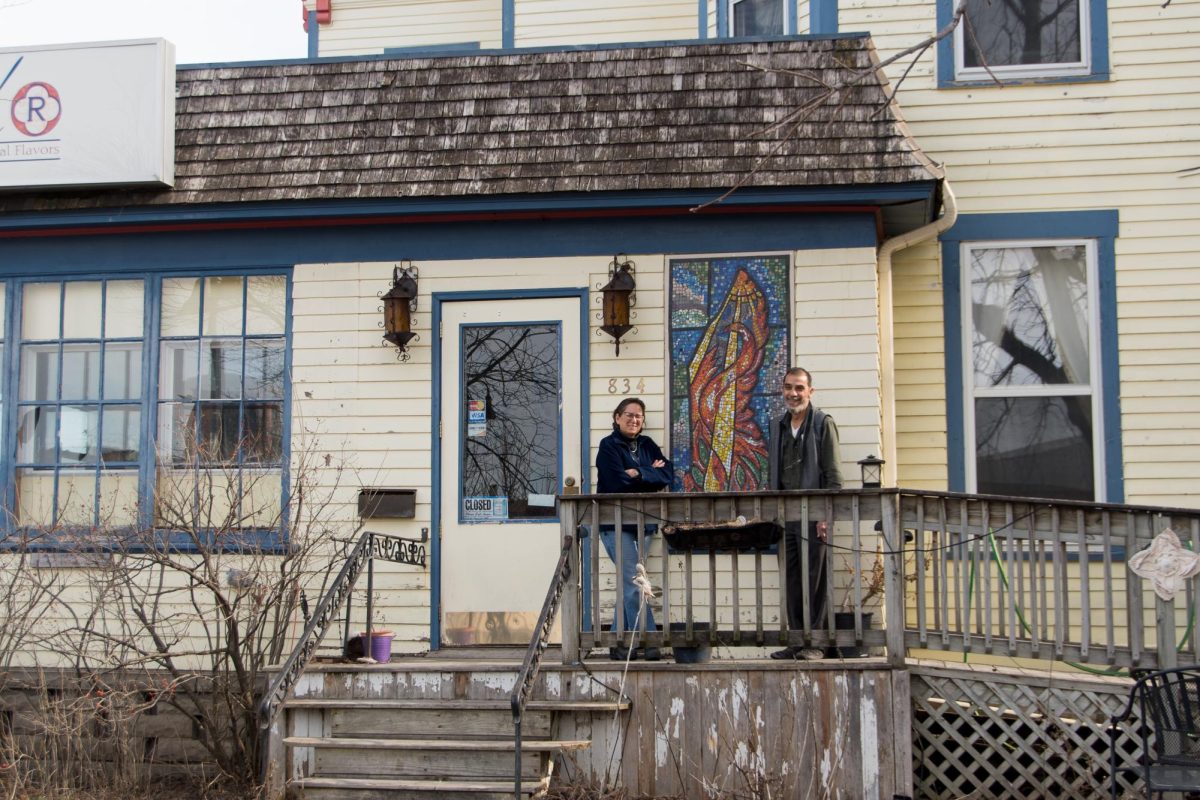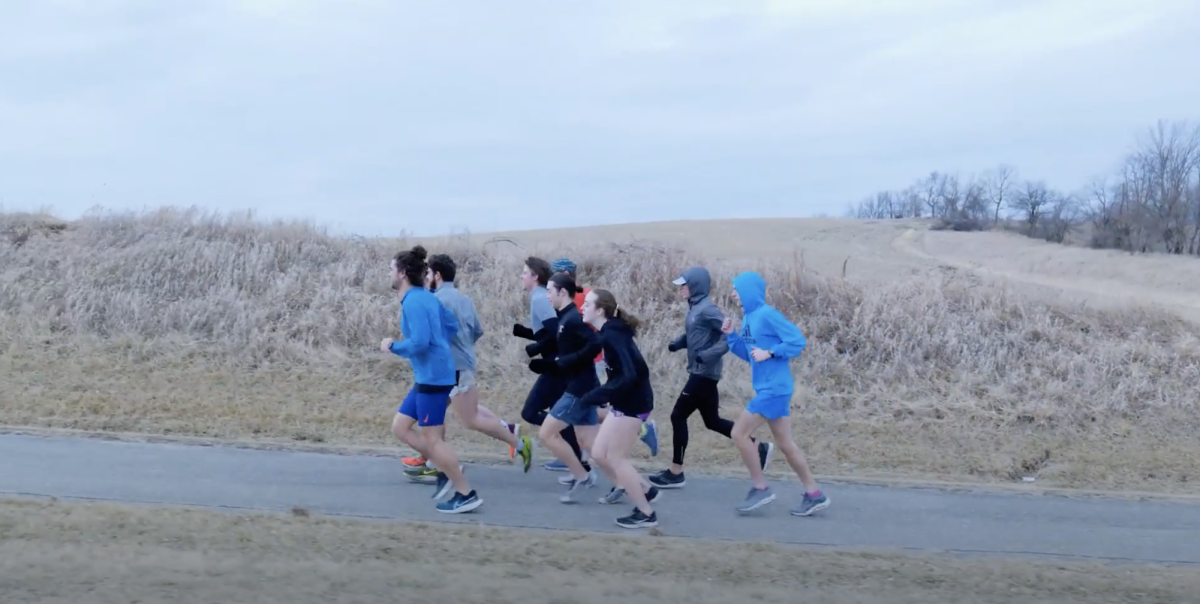On May 1, the College faculty validated the concentration of Peace and Conflict Studies, which has been unofficially present at the College since 2004. Starting in Fall 2017, Grinnell students will be able to declare the concentration. Peace and Conflict Studies seeks to study the root causes of violence and strategies to resolve them. Multidisciplinary in nature, the concentration draws from the fields of political science, sociology, anthropology and more.
For the past seven or eight years, students have been taking initiative to push for the concentration. According to Peace and Conflict Studies program coordinator Simone Sidwell, who directly expressed student interest and high enrollment in courses related to the department have helped make the concentration official.
The Peace and Conflict Studies Committee, comprised of nine students and six faculty members, has made the manifestation of the concentration possible. SEPCs also helped to design the curriculum that students who declare with the concentration must follow to complete the concentration. Like any other major or concentration offered at the College, students interested in joining the SEPC can apply in Spring of each year.
For Vincent Benlloch ‘18, a two-year member of the Peace and Conflict Studies program committee, it is about time that the College offered the concentration.
“Grinnell is unique in that we’re not one of the first premier liberal arts colleges [to offer the concentration], but we have a good faculty for it,” said Benlloch.
The concentration will be chaired by Professor Brigittine French, anthropology. Other faculty members include Timothy Dobe, religious studies; Liz Queathem, biology; Gemma Sala, political science and Kathryn Kamp, anthropology. The concentration also funds a Mellon Postdoctoral Fellow, currently professor Johanna Solomon. Next year, Queathem will teach “Introduction to Peace and Conflict Studies” with visiting professor George Lopez. In the past, Lopez, an emeritus professor at the University of Notre Dame and leading scholar in Peace and Conflict Studies, co-taught courses over Skype. Next year, Lopez will come to campus to teach in person.
Benlloch recommends that students take the classes if they have the opportunity to do so.
“A few classes to look out for are Brigittine French’s ‘Anthropology, Violence, and Human Rights’ and ‘Introduction to Peace and Conflict Studies,’” Benlloch said. “Other related courses are ‘Conflict Analysis,’ which will be taught next fall and ‘Fighting Words: Conflict, Discourse, and Power.’”
According to Sidwell, there was a Peace and Conflict Studies events committee that started in 2010 to host a Peace and Conflict Studies Conference every two years. It supported students to pursue internships related to Peace and Conflict Studies by helping to fund them.
The concentration requires either a research project or an internship. In the summer after his first year at the College, Benlloch interned with The Center for Applied Nonviolent Actions and Strategies in Serbia, where he assisted in research. He unknowingly fulfilled the requirements for the concentration, although he will not declare a Peace and Conflict Studies concentration.
The Peace and Conflict Studies Conference will continue to host events and bring speakers to campus, including the next conference in the Spring of 2018. Thanks to recent alumni donations, the conference will offer a paper prize to qualified students.
Institutional support for the Peace and Conflict Studies Conference has long existed within the College. Although it is similar to other events on campus, the Peace and Conflict Studies Conference holds a distinguishing identity and purpose.
“Rosenfield and our program do cross over in a lot of ways because we are both interested in human rights and this sort of international scope of things, but Peace and Conflict Studies is distinct in that it addresses the root causes of violence and conflict and how to specifically address them,” Sidwell said.
































































